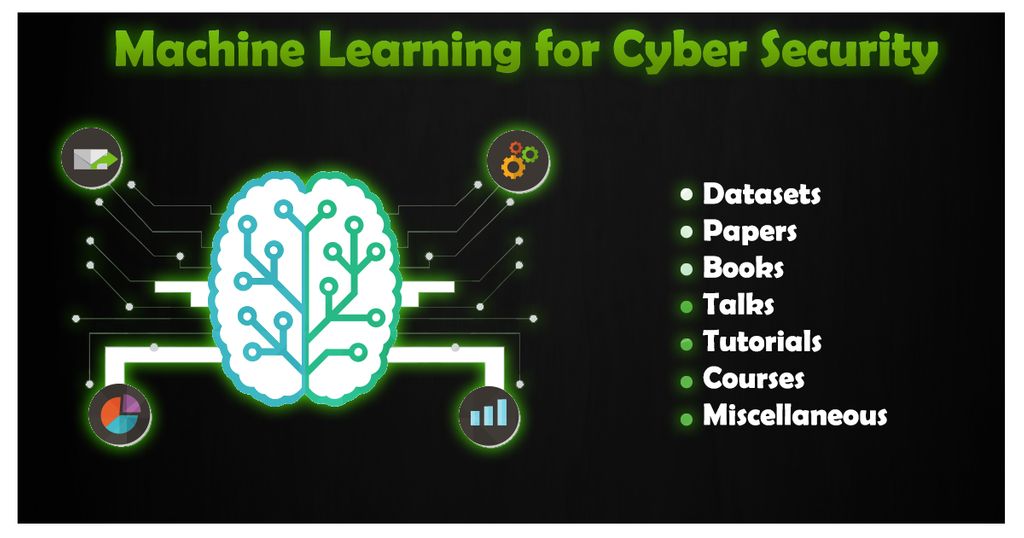Machine Learning And Cyber Security : A Perfect Match
Jul 01, 2019 • 13 views
Amidst the escalating number of software hacks and cyber attacks, organizations are now focusing on various forms of artificial intelligence (AI) – including machine learning technology and neural networks – as a new cybersecurity defense mechanism. At a time when human skills and expertise appear to be overmatched, the thinking goes, machines have a nearly infinite ability to analyze threats and then respond to them in real-time.
How Machine Learning & AI will affect Cyber Security?
The machine's ability to defend entire organizations from hacker attacks and other forms of security intrusions ignores one basic fact: cyber security. The same machine learning technologies being embraced by the world’s top corporations and data scientists will soon be adopted by the world’s top hackers. Thus, it’s easy to see an obvious implication for machine learning and cyber security.

Machine Learning can differentiate between spoofing attacks, phishing attacks and other types of network intrusions. Just show a machine many different examples of hacker attacks, and they will eventually learn how to classify them very efficiently. The more raw data and data points you show machines, the faster they will learn.

Applying what you have learnt : The Machine Learning way
One of the ways to apply machine learning in cyber security involves the creation of stronger spam filters. For many organizations, a constant security threat is the ability of hackers to get inside the organization simply by sending spam emails filled with all kinds of malware.It can provide the first layer of defense against these spam emails laden with malware.
Another application of machine learning in cyber security involves spotting irregular activity within an organization’s network traffic. For example, an unexpected surge of network activity might signal some sort of looming cyber attack.

The Future of Cybersecurity Innovation
With machine learning technology, organizations will be able to predict the occurrence of future attacks, prevent these attacks, detect potential threats and respond appropriately. Amazon is leading the way with an application of machine learning for the cloud. Amazon acquired a machine learning startup, harvest.ai, for just under $20 million. The goal of the acquisition was to be able to use machine learning to search for, find and analyze changes in user behavior, key business systems, and apps, in order to stop targeted attacks before any data can be stolen or compromised.
Clearly, there is a tremendous amount of potential for machine learning and cyber security to work altogether. The machines can help security teams isolate the most pressing threats facing an organization and then optimize the defenses for those threats.
